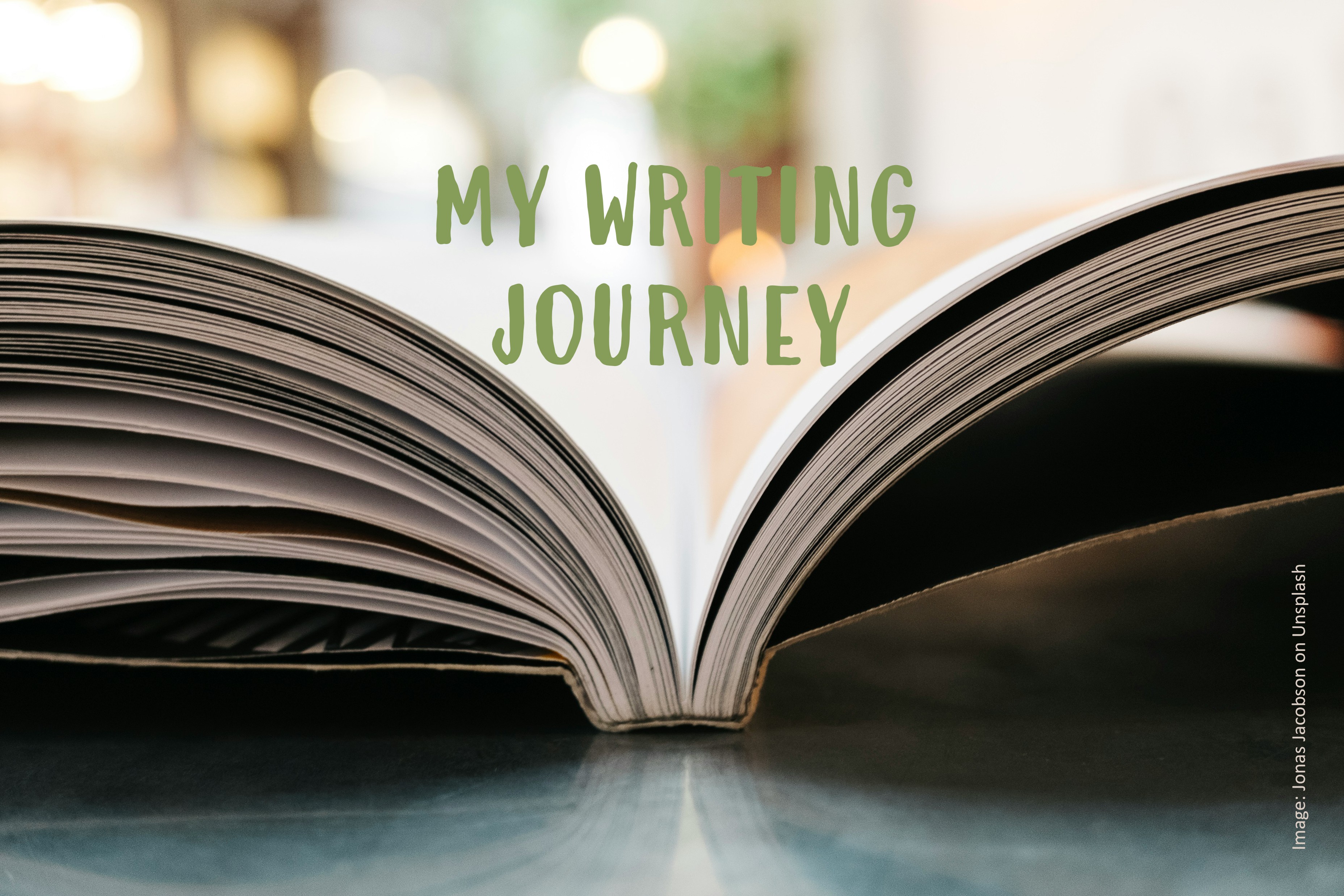I thought writing a self-help book about energy management would be easy. After all, I’d published plenty of scientific articles – how different could it be?
Spoiler alert: It’s a whole new world.
In academia, I was trained to focus on facts, evidence, and clarity. Every sentence had to be precise, every claim backed by data. When I started writing my book about energy management, I leaned hard on those strengths, only to discover my early drafts read more like research papers than a book you can’t put down. My beta readers were polite but clear: “We want your story, not just the science.”
Ouch. But they were right.
So, I went back to the drawing board and started re-reading some of my favorite business and self-help books, this time not just for content, but to decode how great writers draw us into their journeys. I paid attention to how they share their personal struggles, weave in relatable anecdotes, and invite readers to see themselves in the story.
The biggest lesson? Writing a compelling self-help book isn’t just about delivering knowledge, it’s about being vulnerable, authentic, and willing to share your own ups and downs. It’s storytelling, not just reporting.
So, if you’re shifting from research or technical writing to self-help, prepare for a mindset reset. Your expertise is essential, but your humanity is what will truly resonate.


